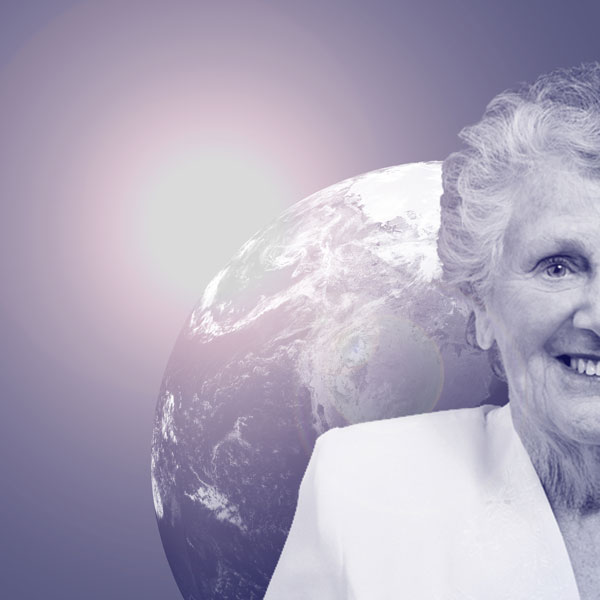September 2012

At the City Club of San Francisco in July, we learned that global aging is leading tomorrow’s economic, social, and political decision-making into new frontiers.
Dr. Joel Kramer, Director of the Memory and Aging Center Neuropsychology Program, and Professor of Neuropsychology at UCSF Medical Center, and Adele Hayutin, Director of the Global Aging Program at Stanford’s Center on Longevity, explained that the pace of aging is accelerating around the globe in divergent patterns. Understanding these patterns is crucial for developing economic and social policies to effectively address the aging population challenges.
European countries, for example, have among the world’s oldest populations. Currently, more than 20% of both Italy’s and Germany’s populations are over the age of 65 years, and each is tracked to grow to 33% by 2050. Europe faces a steep decline in fertility, a shrinking working-age population, and an increasing fiscal burden of retirees, threatening Europe’s economic growth and living standards.
The U.S population over the age of 65 is currently at 13% with 22% projected for 2050. The United States is facing some of the same challenges as Europe but the aging population rate of growth is at a slower rate. Conversely, countries such as Pakistan and Sub-Saharan Africa are home to some of the world’s youngest populations. Fertility is declining but remains high compared to western countries, and their working-age population is correspondingly growing at a rapid pace. The challenge for these countries is the creation of jobs for a large share of young adults.
Dr. Kramer pointed out the attributes needed for decision- making and financial management such as memory, judgment, and problem solving. Alzheimer’s and Parkinson’s are two of the most common neurodegenerative diseases associated with aging that affect memory and the ability to reason, and therefore manage finances.
Attention to the aging population crisis is needed from the world’s governments and businesses, as well as adequate medical care systems to ensure global economic prosperity and social justice. —Contributed by Grazia Bennett